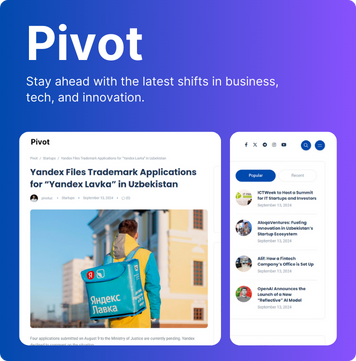
Open source software has become a cornerstone of modern technology, powering everything from websites to artificial intelligence systems. Its appeal lies in the ability to collaborate openly and freely. But what happens when companies built on open source principles collide with the harsh realities of commercialization? Over the years, numerous companies have adjusted their strategies, stepping away from permissive licenses to protect their bottom lines. Let’s explore the most notable cases.
The Push and Pull of Open Source
Open source licensing is designed to encourage innovation and collaboration. However, it also opens doors for competitors to exploit this freedom, often by selling the software “as-a-service” without contributing back to the original creators. This challenge has led some companies to abandon fully open models in favor of restrictive licenses or even proprietary solutions.
Here’s a timeline of companies that have redefined their relationship with open source:
Movable Type (2013): Goodbye to the Community
In 2007, Movable Type launched an open source version of its web publishing platform under the GPL license, aiming to compete with WordPress. By 2013, the experiment ended. The company concluded that the open source version didn’t drive enough adoption or revenue to justify its existence. Instead, they refocused on their commercial products.
SugarCRM (2014): Fading Support
Initially celebrated for its open source CRM software, SugarCRM decided in 2014 to discontinue its community edition. They argued that it wasn’t meeting the needs of developers or small businesses effectively. While they supported the final version for a few more years, by 2018, the open source chapter of SugarCRM had closed entirely.
Redis (2018): Fighting the “Amazon Problem”
Redis, known for its blazing-fast in-memory database, shifted its strategy in 2018. Its modules moved to a “Commons Clause” license, restricting commercial use. By 2019, Redis introduced its own “Redis Source Available License,” specifically designed to block cloud providers like AWS from profiting off Redis’ work without contributing back. Earlier this year, Redis finalized its shift to a dual-license model, marking a clear departure from its open source roots.
MongoDB (2018): Closing Loopholes
Another victim of the “Amazon problem,” MongoDB transitioned from the AGPL license to the Server Side Public License (SSPL) in 2018. The move aimed to prevent cloud giants from offering MongoDB as a service without sharing the resulting modifications.
Confluent (2018): Protecting Kafka’s Core
Confluent, a company that builds enterprise tools around Apache Kafka, introduced the “Confluent Community License” in 2018. This license barred competitors from offering Confluent’s products “as-a-service.”
Cockroach Labs (2019): Taking a Stand
Cockroach Labs, creator of the distributed SQL database CockroachDB, switched to the Business Source License (BUSL) in 2019. Their founders justified the move as necessary to counter hyperscalers like AWS. Recently, the company consolidated its offerings under an enterprise license to better serve its paying customers.
Sentry (2019): Guarding Against Copycats
Sentry, an application performance monitoring platform, moved from a permissive BSD license to BUSL in 2019. Co-founder David Cramer explained the switch as a way to prevent competitors from cloning their product. In 2022, Sentry introduced its own Functional Source License (FSL), striking a balance between open and proprietary.
Elastic (2021): A Return to Roots
Elastic, the company behind Elasticsearch, transitioned to proprietary licensing in 2021, targeting AWS’s managed Elasticsearch service. However, Elastic recently embraced the AGPL license, signaling a renewed commitment to open source principles.
HashiCorp (2023): Terraform’s Transformation
Last year, HashiCorp announced that its popular infrastructure-as-code tool Terraform would shift to BUSL. This change aimed to prevent other vendors from profiting off Terraform without contributing back. The move spurred the creation of OpenTofu, an open source fork supported by the community.
Snowplow (2024): Paying for Progress
Snowplow, a behavioral data platform, adopted the Snowplow Limited Use License this year. The company justified the change as a way to fund its ambitious roadmap, requiring commercial users to pay for its software while blocking competitive products.
What Does This Mean for Open Source?
The shift from open source to restrictive or proprietary licenses reflects a growing tension between collaboration and commercialization. While these changes have sparked debate, they also highlight the need for sustainable business models in the open source ecosystem. Whether these moves strengthen or weaken the community remains to be seen, but one thing is clear: open source is evolving.




Leave a Reply